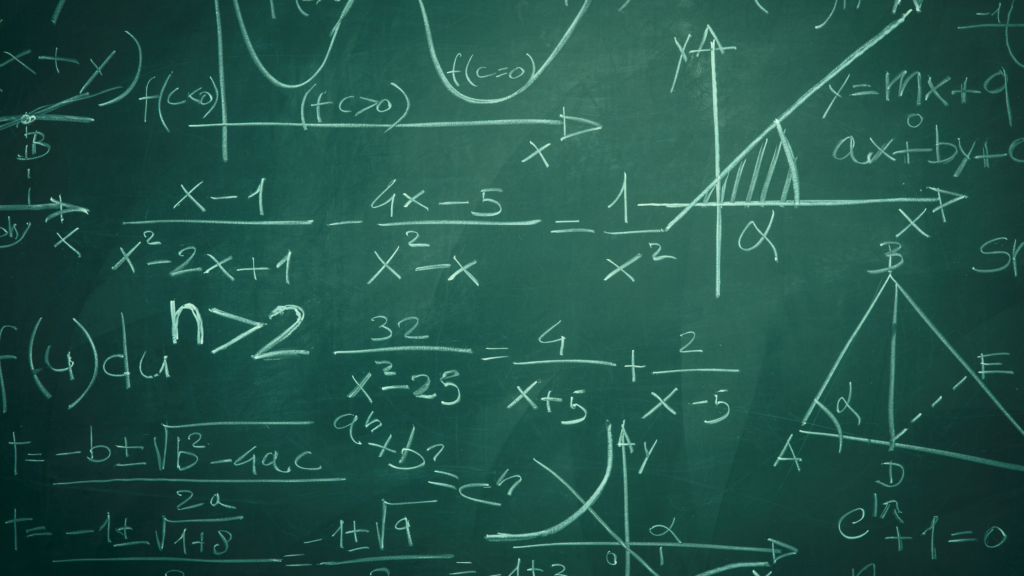 Last Sunday, the pastor of the church I was visiting stood up during the announcements and asked everyone to exchange name tags after we finished the closing song. The point, he said, was to find someone we did not know, introduce ourselves, and share one thing we would like the other person to pray for on our behalf during the week. He said that the parish goal, which is listed as a “Big Hairy Audacious Goal” in their Sunday bulletin, is to build community.
Last Sunday, the pastor of the church I was visiting stood up during the announcements and asked everyone to exchange name tags after we finished the closing song. The point, he said, was to find someone we did not know, introduce ourselves, and share one thing we would like the other person to pray for on our behalf during the week. He said that the parish goal, which is listed as a “Big Hairy Audacious Goal” in their Sunday bulletin, is to build community.
So when the song was over, I turned to my right to exchange my name tag. But the two college-age young men next to me had already dropped to their knees, heads bowed, for some extended private prayer.
I’m a big fan of private prayer. I do it everyday. But there is a reason it is called private. We don’t do private things in public. The public prayer of the church—the liturgy—has a specific purpose. That purpose has two parts:
- Celebrate the mystery of Christ
- So that we will live out and bear witness to Christ in the world (see Catechism of the Catholic Church, 1068)
RCIA teams need to see the liturgy as rehearsal
The Mass is a rehearsal of how we’re supposed to be living in the world. It is important for RCIA teams to understand how this rehearsal works both for our own sake and for the sake of the catechumens.
The first part of the rehearsal is remembering the mystery of Christ—the Great Story. The Liturgy of the Word is the central element of that remembering, but it is not the only element. From the moment of our gathering, before the liturgy formally begins, we are remembering the story. The story has a pattern, and by following the same pattern in every liturgy, the Holy Spirit leads us deeper and deeper into the mystery of Christ. (For a review of the core elements and the pattern of the story, see this post.)
Liturgy is the work of the people
The rehearsal of the story is work that we all do. In a stage drama, we would say everyone has a role to play. In our life as disciples, we say that everyone has a vocation. To get ready for a play, everyone rehearses their role in relation to everyone else’s role. There is no role we can do without. And to get ready for our mission of discipleship, we rehearse our role in the liturgy. There is no point in the liturgy that is private, where we are alone. That is because our mission of discipleship is never private. Every time we step out into the world, we are “on.” We are supposed be bearing witness to Christ.
As you know, this is really, really hard to do. It is hard for you and me, and we have had lots of practice. Think how hard it is for the catechumens. To get better at living the story, we have to spend a lot of time practicing the story. By engaging in the liturgy every week, we remember the story and our role in it. We get stronger and better at telling the story when we go out into the world.
However, when we forget that this is the purpose of liturgy, we start to use the liturgy for other things. Liturgy can deteriorate into private devotion, perfunctory obligation, pietism, social gathering, superficial enthusiasm, moral admonition, or personal performance. When any of these things supersede the true purpose of liturgy, the mystery of the liturgy is obscured and the core message becomes confused.
If we are going to train the catechumens to live our and bear witness to Christ in the world, we have to teach them how to celebrate the mystery of Christ in the liturgy.
What do you think?
Is the liturgy in your parish focused on celebrating the mystery of Christ? Are all of the parishioners engaging in their role? What is one suggestion you can offer to help the rest of us improve our Sunday worship for the sake of the catechumens?









One way the community can help catechumens practice the liturgy and live it out is to remain in the church for the entire service. Too many Catholics leave right after communion.
What a bad example for inquirers, children and catechumens.
I like the observation, a lot; but how do we convince our parishioners that the Mass is not “private” devotion when they have been told all their lives that they need to kneel and pray for “extended” periods after Mass. Often by “religious authorities:?